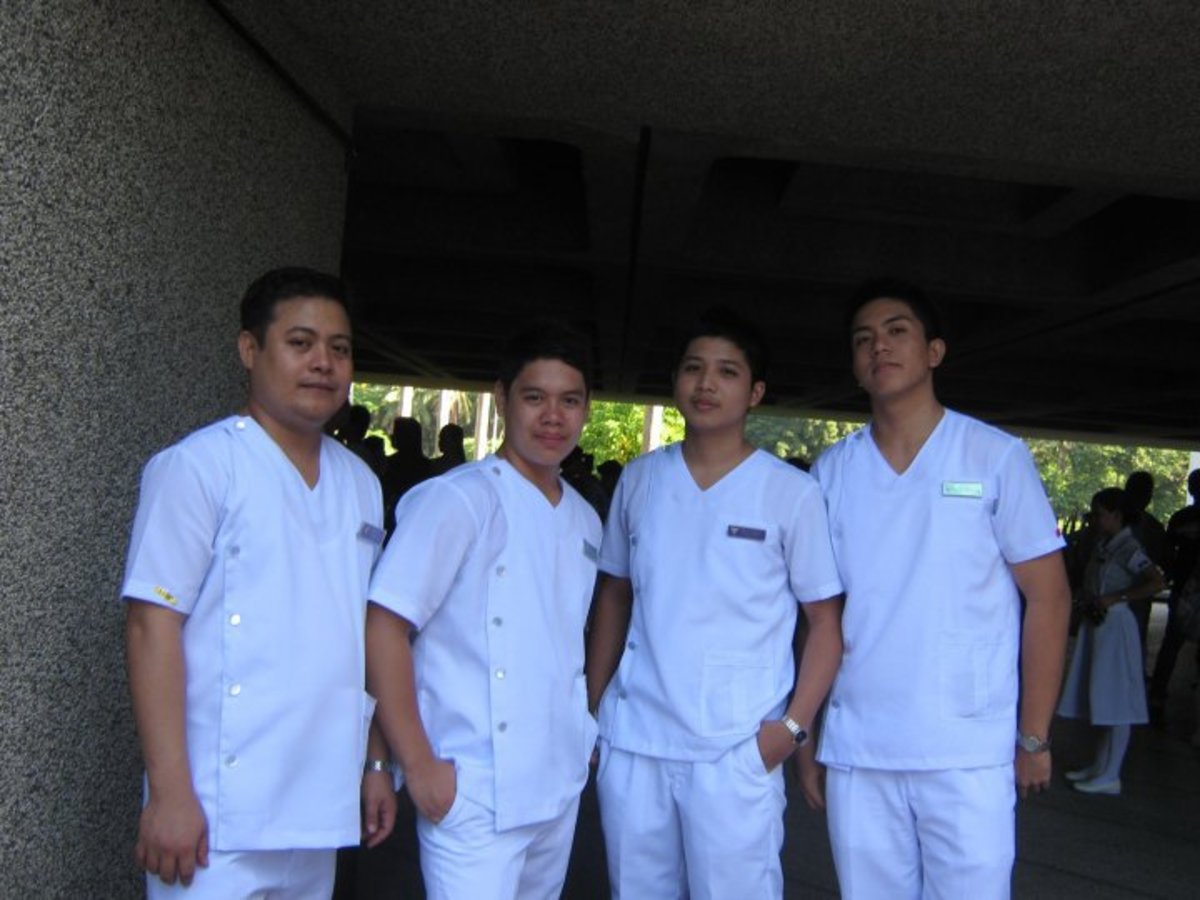Collaborating Community Nursing and Faith-Based Nursing
Health and healing in faith-based communities developed out of the concern of being in existence many people with no health insurance, and many more who cannot for one reason or another access comprehensive, cultural, consistent, and quality healthcare. In addition, there are inherent differences in health outcomes between those who have and those who do not have, and between the majority and minority parts of the population. In faith-based communities, health and healing are focused on eliminating disparity and providing high-quality healthcare. Many communities have placed much trust in faith-based organizations owing to the good job they do in promoting health and the member’s well-being. Alongside providing spiritual renewal and refugees, these organizations also serve as a powerful driver for economic, social, and political change. Similarly, community-based healthcare entities are focused on delivering patient-centered and high-quality healthcare as well as other enabling services to needy and different populations. The collaborations between the two entities have evolved due to the many commonalities which they serve.
Among the common resources utilized by both community-based nursing and faith based nursing including but not limited to the healthcare system, medicine, and adversity of healthcare practitioners such as the family health nurses who will address family needs in the context of the family. There would also be a need for different practitioners such as cancer specialists, oncologists, counselors, and so on. Other resources that could be used jointly with the community and faith-based nursing include the media and public institutions such as the schools where they will undertake their healing processes.
One of the benefits for community nurses forging partnerships with faith based communities is that the latter are poised to work in marginalized and poor locale thus reaching more people. This partnership is therefore important in ensuring that as many people as possible receive health care attention, thus promoting health among the communities. The second advantage is that alongside promoting healthcare within the specific communities, faith based communities also focus on the spiritual aspect of individuals, hence they can be relied on proving a two tier personal needs, health wise and spiritual wise. It should be considered that the emotional and spiritual part of an individual is as well critical for an individual’s wellbeing. The third advantage of such a collaboration is that as we already noted, fiscal and human resources are brought together thus leading to empowerment of communities while allowing individuals to take control of their health therefore creating expansive collaborations (Cipriano, 2014).
A parish nurse in faith communities plays a critical role in promoting health and preventing diseases. Apart from attending to the diverse healthcare needs of the community members in which he or she works, the nurse fosters spiritual, emotional and social harmony with a focus of creating a health relationship with the family, significant others, God, creation and culture. Their specific roles entail providing health related advice to community members, advocating for health related resources and policies to streamline healthcare, she or he heals the body, spirit, mind and the community. Other responsibilities of a parish-based nurse entail developing support groups, liaising with the community and faith resources. The parish nurse also educates the individuals and the communities at large on wellness and health prevention measures so that they can avoid such factors that can put them at risk of contracting some disease. In this way, the parish nurse plays a critical role in promoting community health and disease prevention.
Faith Communities can implement a Healthy People 2020 guideline to help in program planning. Faith communities should organize the information presented in the Healthy People Guideline through such aspects as determinants, interventions and outcomes that interests them. Further, they should be in a position of following links concerning other useful resources, partners and information sources. By using Health People 2020, the guideline will help them in prioritizing and sorting objectives related to health promotion endeavors. Among the criteria which they can use in sorting objectives include the impact of survival, impact of intervention strategies over time, impact on the quality of life among others. Whenever there is sufficient evidence, the impact of intervention on a specific population group could as well be relevant in such a cause. What is more, faith communities could use Health People 2020 guideline in not only prioritizing but also assessing a balanced assortment of long and short term interventions and targets.
Parish nurses are guided by the same regulations as those of regular nurses. However, the status and policies varies as per each state. For instance, parish nurses are also expected to comply with the HIPAA regulations which govern their code of conduct. In addition, the parish nurse must operate under the state statutes of the specific states in which he or she operates as well as the Nurse Practice Act. In addition, the entire parish nursing program is expected to be headed by a registered nurse who has to be certified by the state in which he or she services (welsnurses, 2016).
In regard to financial aspects, the parish nursing program can have a very minimal or expansive budget depending on the number of volunteers and expertise at hand. Important aspects that should be considered in designing such a budget include materials, office space and salary for the workers. However, it is advisable that parish nursing be budgeted for and be identified as part of the ministry. Furthermore, the budget should be flexible enough in such a way that nurses are given the autonomy to purchase items including equipments and supplies that are needed for such a cause. Such items may include but not limited to stethoscope, pressure cuffs, first aid items and office items.
Conclusion
The collaboration between faith based community nursing and community based health nursing is gradually becoming necessary due to the core mandate of these entities. Further, this collaboration has not only facilitated provision of healthcare within communities but also generated a number of benefits along the way. Among these benefits includes but not limited to the probability of enabling more people to access healthcare, leveraging the spiritual aspects of individuals, which is a neglected aspect in community based nursing and finally empowering communities through by bringing health resources closer to the people.








